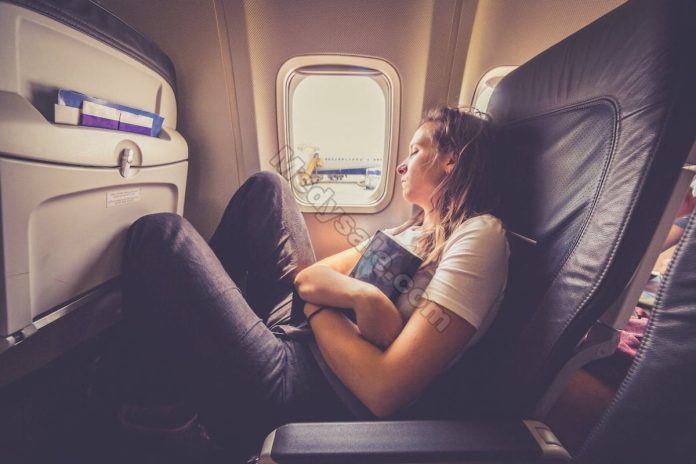tFor many people, travel is one of the greatest pleasures in life. Others consider it a part of their job. No matter your reason for traveling it is important to get enough sleep. This will allow you to enjoy every moment of your vacation.
It is common to have difficulty sleeping while on vacation, despite the importance of good sleep. There are many factors that can lead to poor sleep during vacations, but you can take steps to improve your sleep throughout your trip.
What does traveling have to do with your job?
For those who travel because of their job, fatigue can cause many problems. While you are traveling, there are many complications.
A person with travel anxiety, fear of flying, helicopters or other transports, is one who has specific fears. These fears can cause sleep disruption and make it difficult to fall asleep. They feel drowsy and unproductive at work the next day.
Modalert or Modvigil 200 are better options because they help you stay awake and productive during the day. This Smart Pill helps you to be more focused at work, improve your brain ability and stay focused. Waklert 150 mg is also a good choice because it treats excessive daytime sleepiness.
Why is there sleep disruption when you travel?
Travel can be a great way to experience new and exciting experiences. However, there are also some drawbacks. Traveling can be difficult for many people, which makes it hard to appreciate the trip fully.
Travel can cause fatigue
Travel fatigue can result from physical and mental exhaustion ravel stress can cause fatigue, headaches, sleeplessness, and other types of discomfort.
There are many factors that can cause travel tiredness.
Fear of flying, or any other form of transportation.
Anxiety about possible issues during a trip.
* Arriving on time and packing, as well as other logistical stress
* Motion sickness problem
Long days of traveling.
The schedule may be delayed or disrupted.
Inability to fall asleep while traveling (e.g. on a plane, train or car, while standing up).
Flying in a pressurized cabin can lead to dehydration, bloating and constipation.
Increased alcohol and caffeine consumption during travel.
Long periods of sitting can cause leg stiffness and inflammation.
Travel fatigue can strike at any moment and for any reason. It can also exacerbate existing health problems.
Jet lag
Jet lag is a temporary sleep disorder caused by long-distance flights crossing three or more time zones. A person’s circadian rhythm is still at root in their home zone when they arrive. This can cause a misalignment between the local time at their destination and their own time.
Jet lag is often characterized by inability to fall asleep. Other symptoms include impaired physical or mental function, fatigue, general malaise, gastrointestinal problems, and daytime tiredness.
Jet lag typically lasts for a few days but can last several weeks before the circadian rhythm of the individual adjusts to local time. Jet lag can be more severe when you fly east or cross many time zones.
Schedule changes
Even if jet lag doesn’t disrupt a person’s circadian rhythm, it can cause sleep problems if they have to change their daily routine, especially their bedtime. If your sleep habits are disrupted, it may make it more difficult to fall asleep and sleep through the night.
People are prone to want to squeeze as much into their lives as possible, especially when they travel for business or pleasure. This can lead to overstimulation, and/or sleep deprivation.
You can’t sleep in unfamiliar or uncomfortable places.
Studies show that people have a tendency not to fall asleep the first night they are exposed to an unfamiliar environment. Researchers discovered the consistent pattern in sleep clinics.
This effect is not limited to sleep clinics. Additional studies show that first-night quality of sleep was not affected by a spa resort environment. Scientists believe this is an evolutionary survival mechanism. It keeps a portion of the brain active while sleeping in a new location.
While it is common for travelers to experience better sleep after their first night, this is not always true. If your accommodations have a difficult mattress, too much light, or excessive noise, it may be difficult for you to fall asleep uninterrupted.
Modifications to your exercise and diet routine
Although travel is often viewed as a welcome escape from daily routines and may cause sleep disruptions due to changes in established patterns, it is generally regarded as a welcome break from everyday life.
Travelers might be tempted to drink more alcohol or eat more than they normally do. This can cause disruptions in sleep patterns. Regular exercise can help you sleep better while traveling.
The bottom line
It is not easy to manage your sleep when you travel. It is important to be aware of the best ways to ensure a high level of work performance. Don’t let travel distract you from your work.


